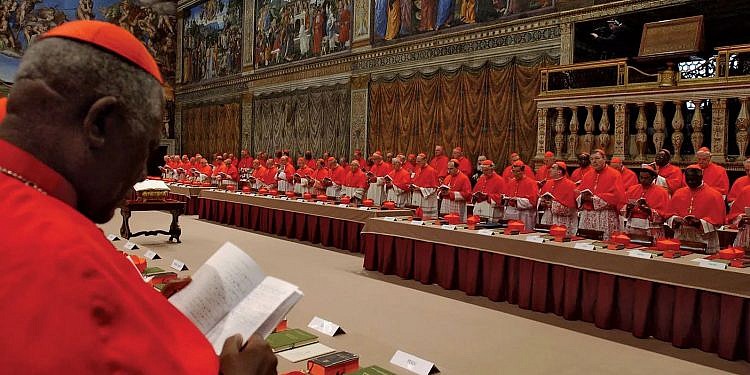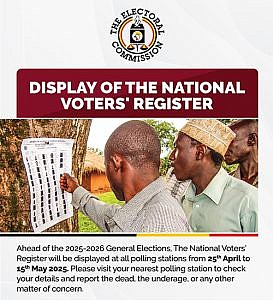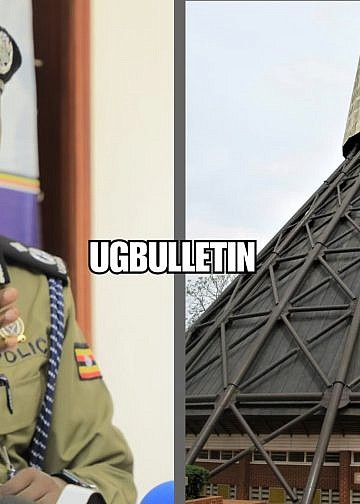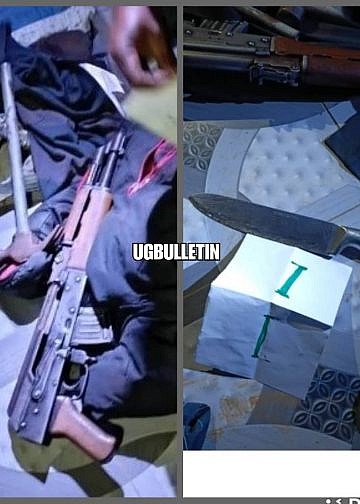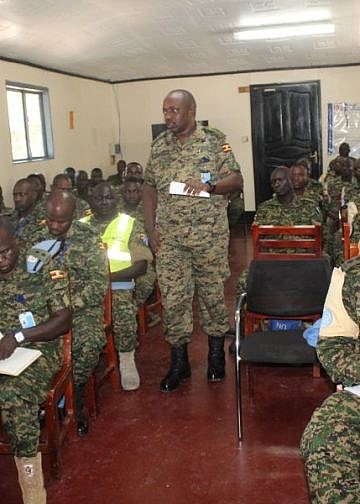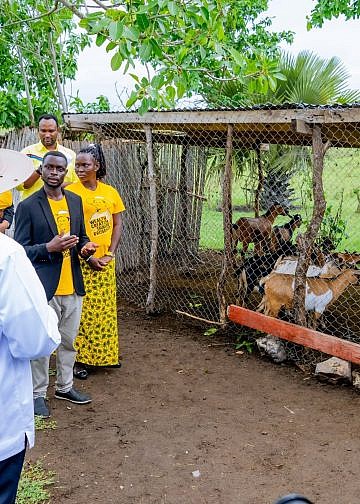As the world continues to mourn the death of Pope Francis, who passed away on Easter Monday, April 21, global attention has now shifted to the question of who will succeed him as the next pontiff.
Across social media platforms and news outlets, the dominant conversation is not about the burial arrangements, but rather about who will ascend to the Holy See.
Traditionally, the Pope’s body is buried within five to six days after death. The process to elect a new pope typically begins shortly after, with a new leader chosen within 20 days.
The responsibility of electing a new pope lies with the College of Cardinals, who will gather in a conclave held in the Sistine Chapel.
There, they will deliberate and vote until a consensus is reached and a new pope is named.
Among the frontrunners being mentioned are a number of prominent cardinals, including two Africans sparking hope among many on the continent for the first Black pope.
Here are some of the names currently being considered:
Pietro Parolin, aged 70 from Italy; Robert Sarah, 79, from Guinea; Luis Antonio Gokim Tagle, 67, from the Philippines; Fridolin Ambongo Besungu, 67, from the Democratic Republic of Congo; Peter Kodwo Appiah Turkson, 76, from Ghana; Péter Erdő, 72, from Hungary; Angelo Scola, 83, from Italy; Reinhard Marx, 71, from Germany; Marc Ouellet, 80, from Canada; Robert Prevost, 69, from the United States; Pierbattista Pizzaballa, 60, from Italy; and Michael Czerny, 78, also from Canada.
The papal conclave is famously known for its unpredictability. The saying “He who enters the conclave as a pope comes out a cardinal” reflects the uncertainty surrounding the election anyone may be a favorite going in, but the outcome is never certain.
As the world watches, the Catholic Church prepares for one of its most sacred and secretive traditions the election of a new spiritual leader for over a billion faithful around the globe.



























